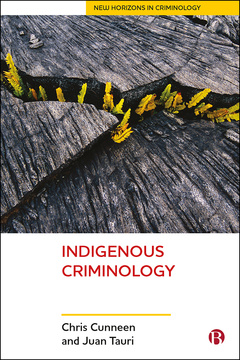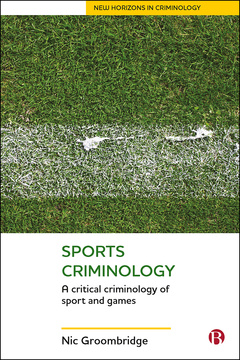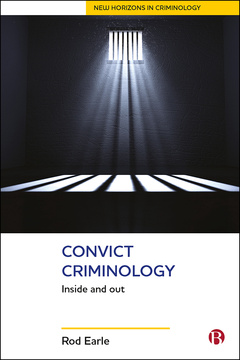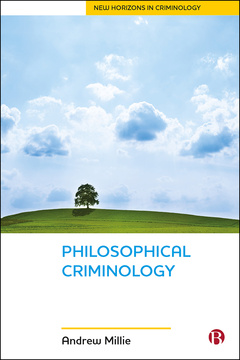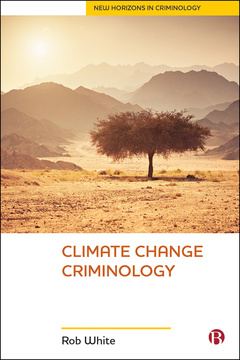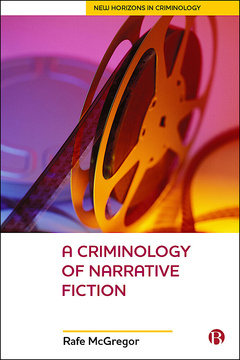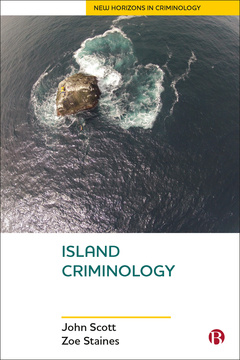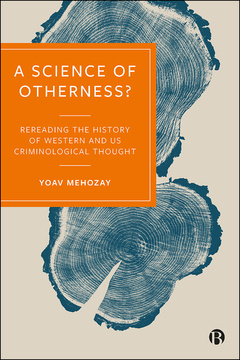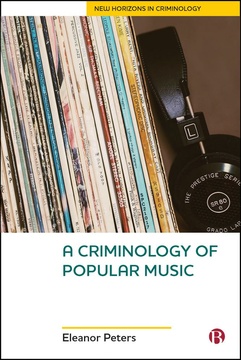A Criminology of Moral Order
By Hans Boutellier
ISBN
978-1529203837Dimensions
234 x 156 mmImprint
Bristol University PressISBN
978-1529203752Dimensions
234 x 156 mmImprint
Bristol University PressISBN
978-1529203875Imprint
Bristol University PressISBN
978-1529203905Imprint
Bristol University PressMoral order is disturbed by criminal events. However, in a secularized and networked society a common moral ground is increasingly hard to find.
People feel confused about the bigger issues of our time such as crime, anti-social behaviour, Islamist radicalism, sexual harassment and populism. Traditionally, issues around morality have been neglected by criminologists.
Through theory, case studies and discussion, this book sheds a new and topical light on these concerns. Using the moral perspective, Boutellier bridges the gap between people’s emotional opinions on crime, and criminologists' rationalized answers to questions of crime and security.
“Over the past 35 years Hans Boutellier has become a leading diagnostician of Dutch society and beyond. His moral approach to crime is unique as well as provocative, and has transformed him into a new Durkheim for our liquid modern times. A Criminology of Moral Order will be the book that introduces his work to a truly global readership.” Tom Daems, Leuven Institute of Criminology
Prof. Hans Boutellier is a leading social scientist in the Netherlands and Professor in Security, Safety and Resilience at Vrije Universiteit Amsterdam. His previous publications include “The Secular Experiment” (2015); “The Improvising Society” (2011); “The Safety Utopia” (2002); and “Crime and Morality” (1993)
Introduction: A conceptual exploration of moral space
Part I: Complexity without direction
Social order in a network society
The radical secularization of moral space
Part II: Security politics
Criminal law as a moral stronghold
Securitization in a safe new world
Part III: Sex and identity
Sexual offences and mutual consent
Diversity, radicalization and populism
Conclusion: Emerging morality










